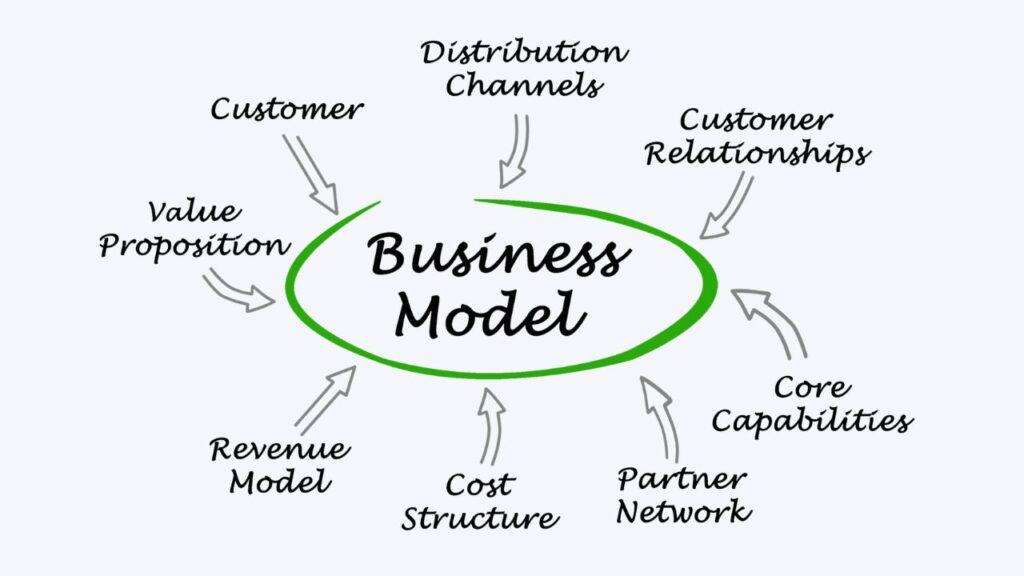Why sustainability is crucial for startup success and how startups can integrate sustainability principles into their business models? This is a big question for most of the new startup founders. In today’s increasingly interconnected and environmentally conscious world, sustainability has become a fundamental consideration for startups looking to drive long-term value creation and make a positive impact on society and the planet.
By integrating sustainability principles into their business models, a startup can reduce their environmental footprint, foster social responsibility, enhance brand reputation, and attract environmentally conscious consumers and investors. In this article, we’ll explore the importance of sustainability in startup business models and provide practical strategies for integrating sustainability into startup operations.

Reduce Environmental Impact
Startups can reduce their environmental impact by adopting sustainable practices and minimizing resource consumption throughout their value chain. This may include sourcing eco-friendly materials, optimizing energy and water usage, reducing waste generation, and implementing recycling and circular economy initiatives. By prioritizing environmental sustainability, startups can lower operating costs, mitigate regulatory risks, and contribute to global efforts to address climate change and environmental degradation.
Social Responsibility Component
Social responsibility is an integral component of sustainable business models, encompassing ethical labor practices, community engagement, and diversity and inclusion initiatives. Startups can demonstrate social responsibility by treating employees fairly and ethically, engaging with local communities, and promoting diversity and inclusivity in their workforce and supply chain. By prioritizing social responsibility, startups can build trust with stakeholders, attract top talent, and enhance their brand reputation as socially conscious organizations committed to making a positive impact.

Innovation and Technology
Innovation and technology play a crucial role in driving sustainability within startup business models. Startups can leverage innovative technologies such as renewable energy, artificial intelligence, and blockchain to develop sustainable solutions that address environmental and social challenges. Whether it’s developing clean energy technologies, optimizing supply chain logistics, or creating sustainable packaging solutions, startups can harness the power of innovation to drive positive change and create value for both society and the planet.
Accountability, Transparency and Progress
Measuring and reporting sustainability impact is essential for startups to demonstrate accountability, transparency, and progress toward their sustainability goals. Startups can track key performance indicators (KPIs) related to environmental, social, and governance (ESG) metrics and report on their sustainability initiatives and outcomes in annual sustainability reports or through other communication channels. By quantifying and communicating their sustainability impact, startups can build credibility with stakeholders, attract investors, and differentiate themselves in the marketplace as leaders in sustainability.

Collaboration with Stakeholders
Collaboration is key to driving sustainability within startup business models. Startups can partner with other organizations, industry associations, non-profit organizations, and government agencies to leverage collective expertise, resources, and networks to address shared sustainability challenges. Collaborative initiatives such as industry consortia, sustainability coalitions, and multi-stakeholder partnerships can amplify the impact of startups’ sustainability efforts and drive systemic change across industries and sectors.
Engagement With Stakeholders
Educating and engaging stakeholders is essential for fostering a culture of sustainability within startup organizations and beyond. Startups can raise awareness about sustainability issues and initiatives among employees, customers, investors, and the broader community through education and outreach efforts. This may include hosting sustainability workshops, participating in industry events, and leveraging digital channels and social media to share stories and best practices related to sustainability.

Sustainability is no longer just a buzzword—it’s a strategic imperative for startups looking to drive long-term value creation, mitigate risks, and build a better future for generations to come. By integrating sustainability principles into their business models, startups can reduce their environmental impact, foster social responsibility, and drive innovation and competitive advantage.


